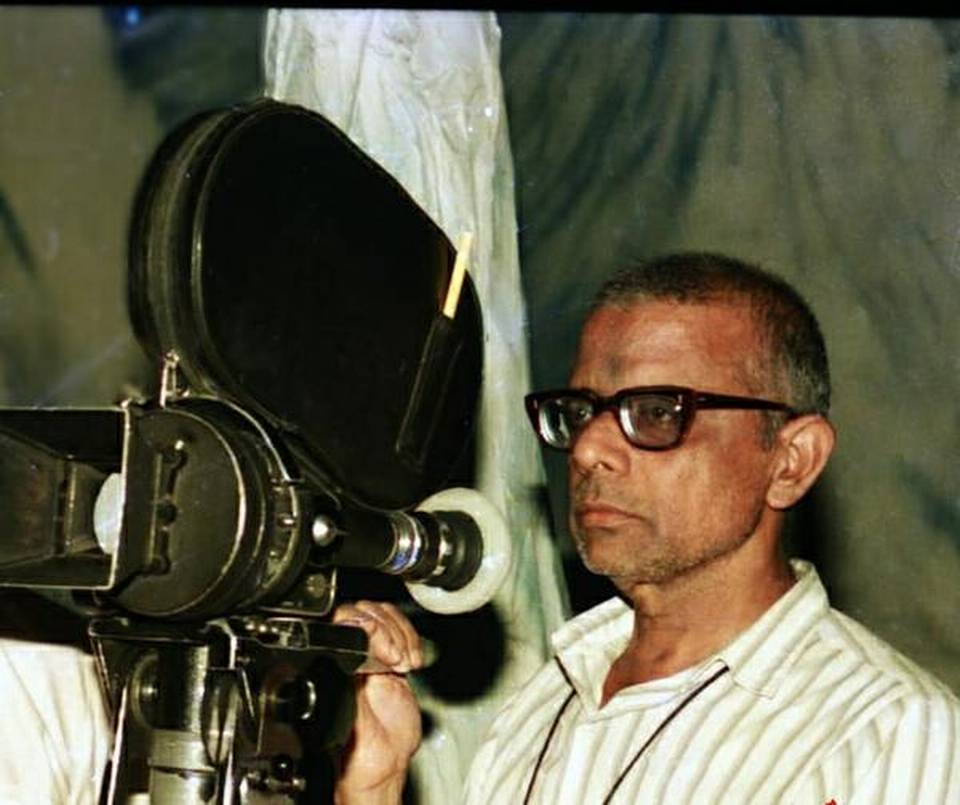
Indian doctors have often been referred to as the backbone of the United Kingdom’s National Health Service (NHS), with an estimated 60,000 medics from India working for the State-funded health service.
It is doctors like Mysuru-origin Sankeerthana Subramaniam who are the ones leading the fight against COVID-19. The frontline in this war has a few thousand doctors of Indian origin. Some of these people were born in India but migrated in search of the UK dream after completing professional education.
They still have strong family connections in the country of their birth. And, naturally, they have to share the risks associated with their profession. Dr. Sankeerthana Subramaniam has come to the limelight at the Torbay Hospital, South Devon’s main hospital, managed by the Torbay and South Devon NHS Foundation Trust. She has treated many COVID-19 patients and has got appreciation from both patients and her team of senior doctors.
Over the past few decades, thousands of Indian doctors and nurses have moved to the UK. They serve in remote areas where British doctors refuse to go. Second and third-generation doctors of Indian origin here have specialised in key areas such as emergency medicine and pulmonary diseases. They are now at the frontline of treating the COVID-19 pandemic in hospitals even in remote areas.
Agrarian roots
Dr. Sankeerthana is the daughter of Shivasubramaniam and Vasanthi who have an agrarian background. The couple resides in K.Hemmanahalli village near Bogadi in Mysuru Taluk. The family still depends on agricultural income for sustenance. Dr. Sankeerthana completed her MBBS in 2015 from JSS Medical College, Mysuru and worked at the JSS Hospital till 2017.
Later she migrated to the United Kingdom and joined Torbay Hospital. After the COVID-19 pandemic, Devon has emerged as the worst affected area for the Coronavirus outbreak. Devon and Torbay Councils have reported hundreds of deaths and thousands of patients in intensive care units at many hospitals and healthcare units.

Professionalism and commitment
Doctors at Torbay Hospital are fighting a relentless battle against the killer virus. “There is a lockdown till the end of May and there is a sense of fear among people here. Our team has been following professionalism and commitment to this noble profession and we have been saving lives and I am proud to do this service,” Dr. Sankeerthana told ‘Star of Mysore’ over phone from her hospital.
On the attacks on doctors and healthcare workers in India, she said, “I have seen on TV and have read in newspapers that doctors are being attacked in India and patients are showing unruly behaviour in hospitals. This is sad. Doctors, especially Indian doctors, have great respect in foreign soils like in the UK and the USA. It is very unfortunate that they are treated shabbily and their lives are threatened in their own country.”
Concerned parents
During the course of conversation, Dr. Sankeerthana said that her parents are concerned about her health and well-being. “Every day my mother Vasanthi calls me and asks me to take care. She is worried and asks about the work environment,” she said.
Dr. Sankeerthana stays at a distance of 9 kilometres from the hospital. “For doctors and nurses who stay far, the hospital has provided daily transport and accommodation. Sometimes I work for 8 hours and sometimes it stretches to 16 hours. All the doctors and healthcare staff have to compulsorily take a shower inside the hospital and then leave to their homes,” she says.
United as a team
“We work as a united team here and there is no barrier of nationalities and seniorities. We constantly exchange ideas and discuss always with an ultimate aim to make the patient comfortable,” she says.
Back in Mysuru, her teachers recall that Dr. Sankeerthana was a studious girl. “She was my student in PUC at De Paul International Residential School and Junior College. I am proud of her achievement and it is a matter of honour for all of us,” said Dr. Mamatha Sathyanarayana, a faculty at De Paul.
source: http://www.starofmysore.com / Star of Mysore / Home> Covid-19 Feature Articles / by M.Y. Yogesh Kumar / May 04th, 2020








